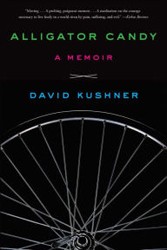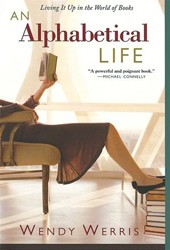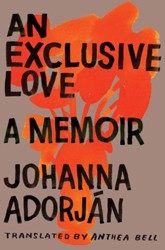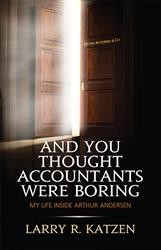This collection of tributes, observations, reminiscences and grievances by diverse hands is the brain child of Alan King himself, the inimitable comic philosopher. Published not long before King died (May, 2004), the book offers a fascinating and thought – provoking “read” for the curious individual who is waiting in an office for professional assistance, or in a station for the right train or bus to come around. For readers who can afford an extended period of leisurely reading, the book will reveal familiar but still instructive patterns of American Jewish experience. Examples: what it meant to have to endure raw prejudice and insult in the metropolis or the small town, and what it was like for a wide range of achieving “types” to deal with the Jewish culture and religion they were born into. In addition, there are the big familiar names, the celebs, who make up a considerable part of the list of contributors and fans of Alan King.
And there are the curious tidbits of information. Susan Stamberg mentions that she found her confirmation class teacher in Manhattan, Mr. Lear, very interesting, until he switched his instruction from Hebrew lessons to rhumba lessons. This PBS commentator, who has spent her adult life in Washington, DC, laments that there isn’t ‘a single decent deli’ in that city. Alan Dershowitz relates that as a schoolboy in Brooklyn, he made bad grades and received an F in “‘plays well with others.’” Billy Crystal discusses how big Alan King was in so many ways. Now, though, he is a fallen redwood in the forest. These samplings from the book give only a modest suggestion of its rich contents.





